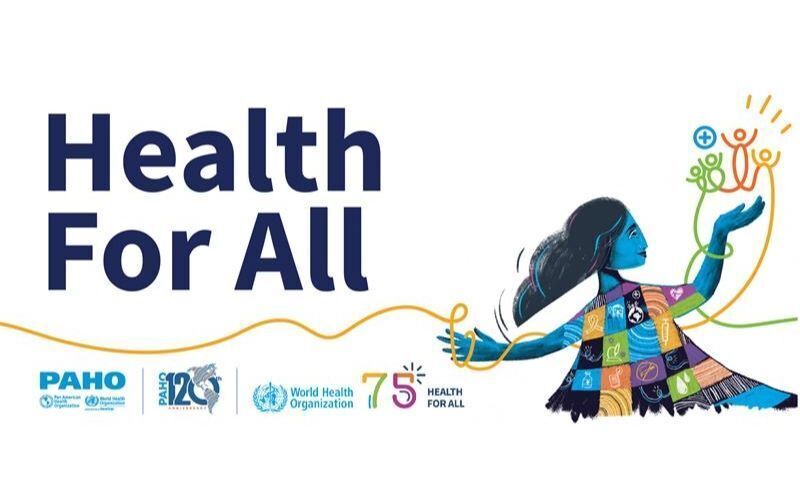Below are just a few examples of UN programs dedicated to global healthcare. Other UN agencies and programs also contribute to health-related initiatives, including the Food and Agriculture Organization (FAO), United Nations Environment Programme (UNEP), and United Nations Development Fund for Women (UNIFEM, also known as UN Women), among others. Collaboration among these entities helps address health challenges, promote sustainable development, and advance the global health agenda.
- World Health Organization (WHO): The WHO is the specialized agency of the UN responsible for international public health. It works to provide leadership on global health matters, set health standards and guidelines, and coordinate responses to health emergencies. The WHO supports countries in strengthening their healthcare systems, promoting disease prevention and control, and addressing global health challenges.
- United Nations Children's Fund (UNICEF): UNICEF works to ensure the rights and well-being of children worldwide, including their health. UNICEF provides support for immunization campaigns, maternal and child healthcare services, nutrition programs, and access to clean water and sanitation. It also works to address child health disparities and promote child survival and development.
- United Nations Population Fund (UNFPA): UNFPA focuses on sexual and reproductive health and rights. It supports countries in delivering reproductive healthcare services, family planning, maternal health, preventing gender-based violence, and addressing issues related to adolescent health and population dynamics.
- United Nations AIDS (UNAIDS): UNAIDS leads global efforts in the response to HIV/AIDS. It supports countries in preventing new HIV infections, ensuring access to treatment and care, and addressing social and structural barriers related to HIV/AIDS. UNAIDS works to advance the global targets of ending AIDS as a public health threat by 2030.
- United Nations Development Programme (UNDP): While not exclusively focused on health, the UNDP plays a vital role in supporting sustainable development, which includes health-related initiatives. UNDP collaborates with countries to strengthen health systems, address social determinants of health, and promote equitable access to healthcare services.
- United Nations Population Division: The Population Division of the UN provides demographic data and analysis related to population trends, health indicators, and population dynamics. This information helps inform evidence-based policies and programs aimed at improving global health outcomes.
- United Nations Office for the Coordination of Humanitarian Affairs (OCHA): OCHA coordinates and supports humanitarian responses in emergency situations, including health crises. It works with various UN agencies, NGOs, and governments to ensure a coordinated and effective response to health emergencies, providing life-saving assistance, health supplies, and supporting healthcare infrastructure restoration.


